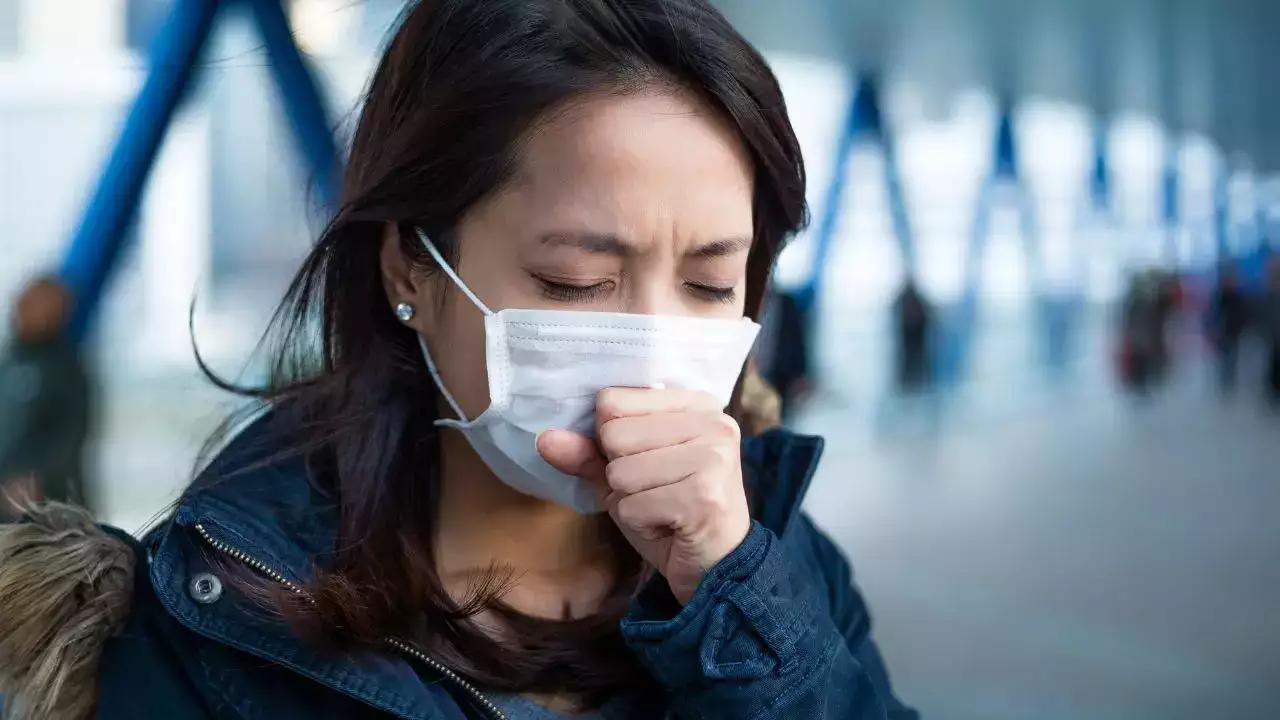
Hyderabad Witnesses Rise In Cases Of Seasonal Flu, Respiratory Illnesses
Cases of seasonal flu and respiratory illnesses are on the rise in Hyderabad. According to a report in TOI, around 500 fever cases were recorded at the state-run fever hospital each day, the majority being influenza cases. Doctors say that the number of cases is expected to increase in the coming weeks. On the other hand, cases of dengue and malaria have reduced, 168 dengue and 13 chikungunya cases were recorded this month.
Dr Ahmad Ather, General Medicine, Apollo Clinics said, “We received 20 patients in the last two weeks reporting health issues related to the low temperature and air pollution in the city. This is a 10% rise in the number of patients visiting us from previous weeks. The most common issues being reported are cough, cold, fever and headaches.”
The state health department issued an advisory stating that the spread of acute respiratory infections, seasonal flu and influenza is likely and listed people who have a greater risk. These include pregnant women, children under five years of age, older people (over 65 years), individuals with chronic medical conditions (such as chronic cardiac, pulmonary, renal, metabolic, neurodevelopmental, liver, or haematologic diseases) and individuals with immunosuppressive conditions/treatments (such as HIV, malignancy, or those receiving chemotherapy or steroids).
Dr Ather added, “While a mixed age group of patients are visiting us, people between 30 and 45 years are visiting us the most for such issues.”
With seasonal changes, there is an increase in cases of seasonal flu and respiratory illnesses. Here, take a look at some of the tips to keep yourself protected.
Get Vaccinated
Annual flu vaccines provide protection against the most common strains of the virus, thereby, reducing severity and spread.
Practice Hand Hygiene
Wash hands with soap and water for at least 20 seconds, especially after touching surfaces in public places. Use alcohol-based hand sanitisers if washing isn’t possible.
Wear Masks When Necessary
In crowded or poorly ventilated areas, wearing a mask reduces the risk of inhaling respiratory droplets that contain virus.
Healthy Diet
Eat nutrient-rich foods high in vitamins C and D, zinc and antioxidants to boost immune function and fight infections.
Stay Hydrated and Rest
Drink plenty of water and ensure that you get 7–9 hours of quality sleep. This helps to strengthen the immune system, thereby, helping the body fight infections.
Avoid Close Contact with Sick People
Keep a safe distance from people who show symptoms of flu or respiratory illnesses to reduce transmission risk.
Disinfect Commonly Touched Surfaces
Regularly clean high-touch surfaces such as doorknobs, light switches and mobile devices to minimise contact with germs.
Get Latest News Live on Times Now along with Breaking News and Top Headlines from Health and around the world.